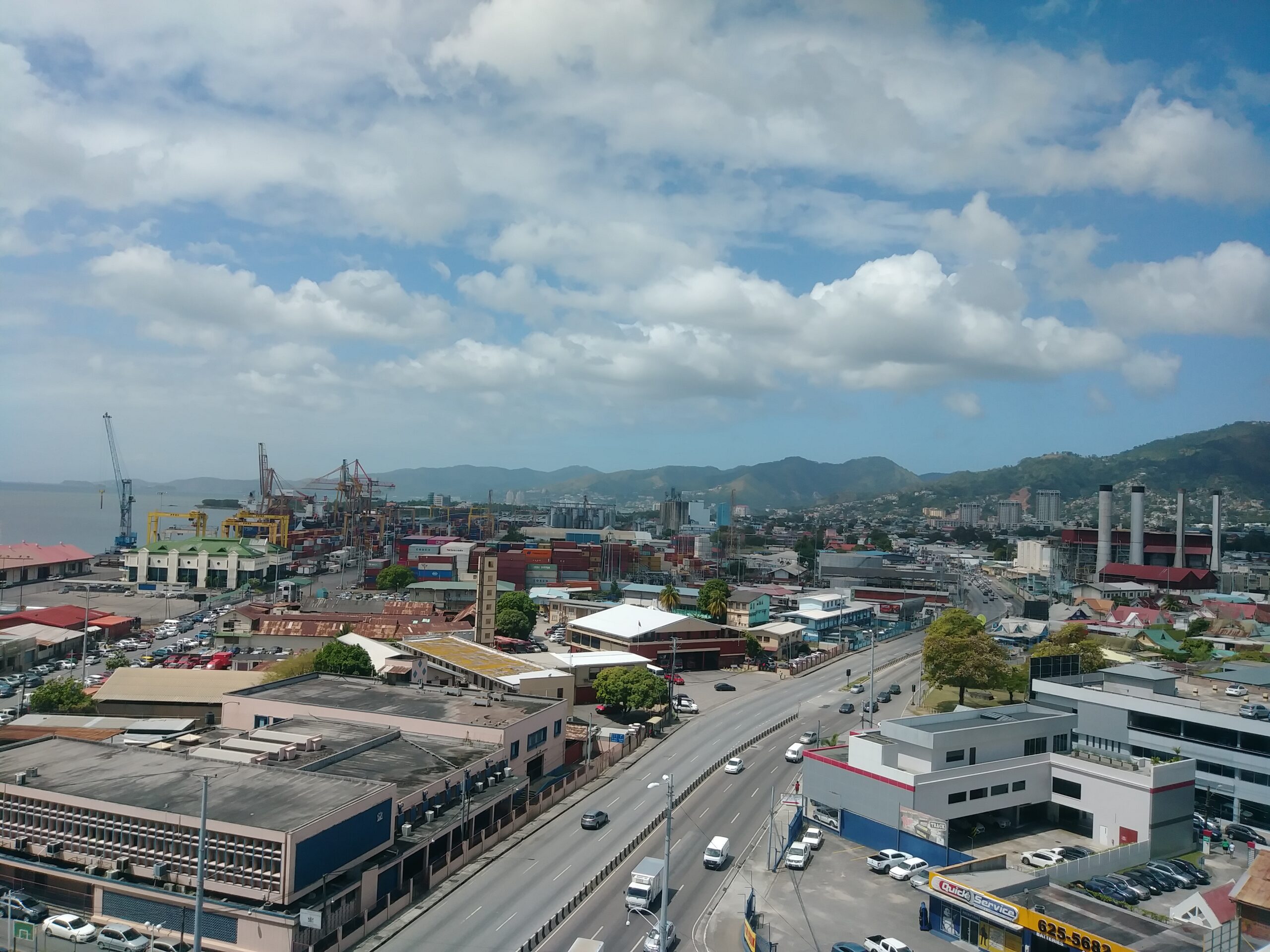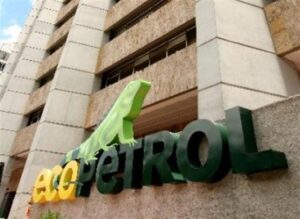
(Energy Analytics Institute, 6.Apr.2022) — In January 2022, Trinidad and Tobago reported sequential rises in production of natural gas as well as liquefied natural gas from its four-train 14.8 million ton per year capacity Atlantic LNG liquefaction complex, the largest in the Latin America and Caribbean region.
Gas production reached 2.88 billion cubic feet per day (Bcf/d) in January 2022, up 9% month-over-month versus 2.64 Bcf/d in December 2021, but down 4% year-over-year versus 3.01 Bcf/d in January 2021, according to data published 6 April 2022 by Trinidad and Tobago’s Ministry of Energy and Energy Industries (MEEI).
In terms of gas producers, bpTT remains the country’s largest, achieving production of 1.39 Bcf/d in January 2022, followed by Shell, BHP and EOG, and in that order.
The twin-island Caribbean nation has struggled to significantly boost gas production in recent years owning to a lack of incentives to entice national as well as international oil companies with a presence in its gas sector. For the now, returning to the symbolic 4 Bcf/d level remains elusive, but a number of developments slated to come online over the short-term have potential to push production again nearer to this mark.
Atlantic LNG Production Uptick
Production of LNG from the Atlantic LNG complex reached 1,685,637 cubic meters in January 2022, up 22% month-over-month versus 1,385,327 cubic meters in December 2021, but down 4% year-over-year versus 1,757,149 cubic meters in January 2021, according to MEEI data.
LNG production levels remain depressed amid a lack of gas supply coupled with the absence of Train 1, which has now been offline for 14 consecutive months or since December 2020, to be more exact.
The future of Train 1 remains under clear but MEEI’s head Stuart Young expects to reveal crucial details around Train 1 and a restructuring of Atlantic LNG’s shareholder structure by early summer.
____________________
By Pietro D. Pitts. © Energy Analytics Institute (EAI). All Rights Reserved.

